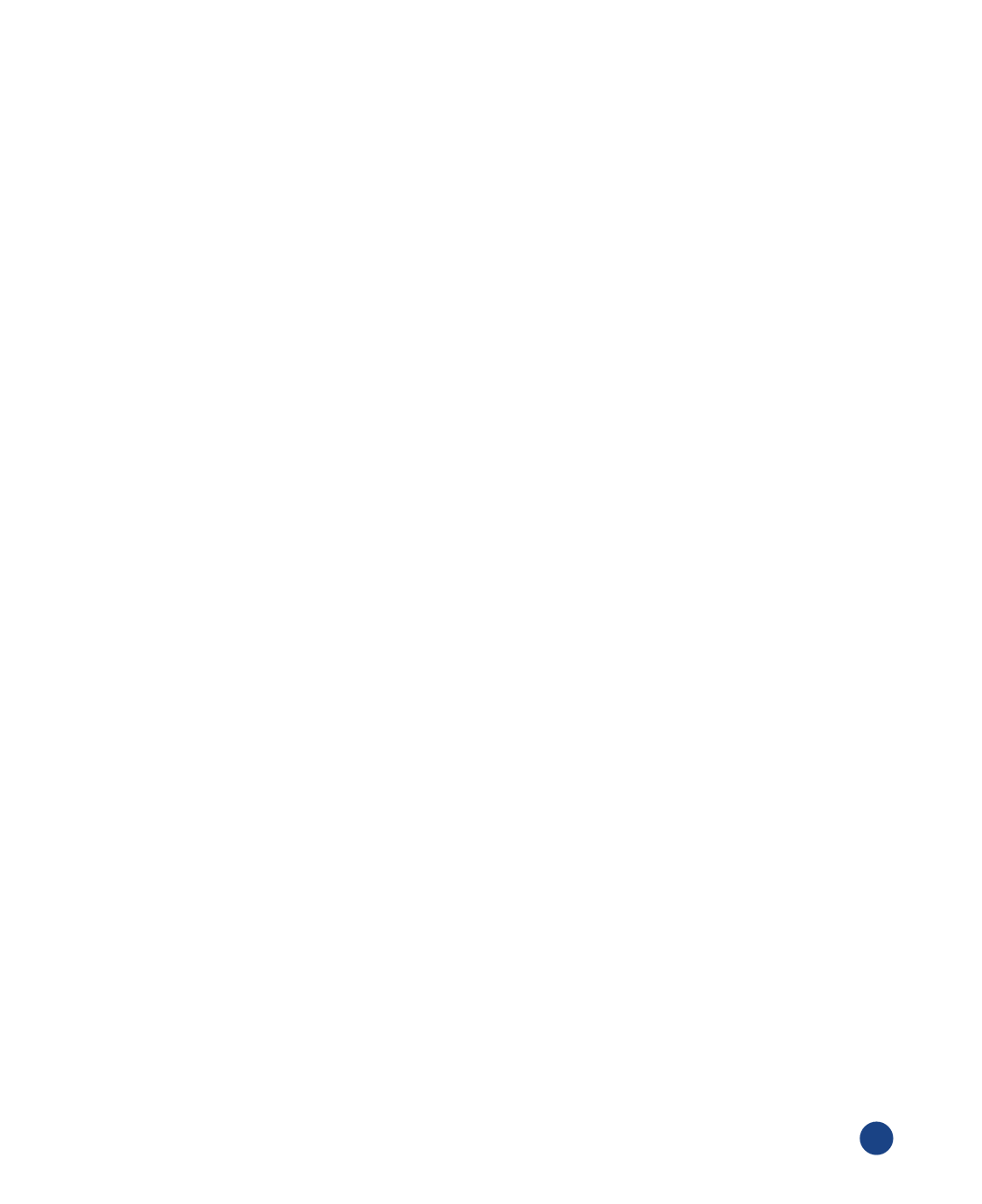

71
BANKING & FINANCE
The event brought together renowned local and
regional Islamic finance industry players from the
United States, United Kingdom, Dubai, Malaysia
and Singapore to share their deep knowledge
and experience.
Themed ‘Islamic Finance: Perception vs Reality’,
the forum was divided into several sessions
which saw BIBD leaders, senior executives and
professionals demonstrating their profound
knowledge and expertise as they participated in
the highly engaging discussion.
BIBD Managing Director and Chief Executive
Officer (CEO) Mubashar Khokhar said that the
dialogue was designed for sharing knowledge.
Global leaders were invited to share their views
and experience on the topics pertaining to the
development and challenges faced by the Islamic
finance industry and its practitioners.
The forum addressed the various misconceptions
on Islamic finance, giving the audience a
clear image of the capability and potential of
Islamic finance.
Khokhar also reiterated the ethical norms of
Syariah-compliant financial system and linked
them with universally accepted ethical norms of
the general financial system.
Other topics discussed included the evolution of
Islamic finance and its progression over the years
including the numerous innovations introduced in
Islamic finance when competing with the global
financial service industry.
Speakers also touched on the topic of Sustainable
Development Goals (SDGs) and looked into
how Islamic finance has been supporting the
objectives of SDGs as well as the sustainability
of Islamic finance. The forum further looked into
how Brunei Vision 2035 is closely aligned with
United Nations SDGs and where Islamic finance
can create greater impact through inclusive and
responsible financing.
Islamic finance around the world
According to the ICD Thompson Reuters Islamic
Finance Development Report 2018, Brunei was
ranked among the top 10 countries out of 131 in
Islamic Finance performance. The Sultanate’s
score in the Islamic Finance Development
Indicator (IFDI) increased from 47 to 50, placing
Brunei at the ninth position and second in the
ASEAN region after Malaysia.
Malaysia, Bahrain and the United Arab Emirates
remained the top three Islamic finance markets in
overall development. Iraq, Suriname, Nigeria and
Ethiopia were indicated as the emerging Islamic
finance markets with the most improvements in
their financial and supporting ecosystems.
The IFDI provides ranking and profiles for different
Islamic finance markets around the world on the
basis of instrumental factors in five broad areas
of development as the main indicators.
The areas of development include Quantitative
Development (Islamic Banking, Takaful, Other
Islamic Financial Institutions, Sukuk and Islamic
Funds) and Knowledge (Education and Research).
Also included are Governance (Regulations,
Syariah Governance and Corporate Governance);
Corporate Social Responsibility (CSR Activities
and CSR Funds Disbursal); and Awareness
(Seminar, News and Conferences).
Under the Awareness indicator, Brunei attained
the top 10 rank in the Seminars and Conferences
Sub-Indicator. The country rose from sixth to
third place for Seminars, while ranking second
for Conferences. In addition, Brunei ranked
among the top five countries for Islamic Finance
Events.
The report also indicated Brunei as one of the
countries that has a strong regulatory landscape
with governance being assessed through
regulations, corporate governance and Syariah
governance.
Growth for total assets was also recorded in the
country’s financial sector. In the banking sector,
Islamic banking assets increased from BND10.9
billion in 2016 to BND11.2 billion in 2017,
accounting for 64 per cent of the total market
share of assets.
Takaful asset size rose from BND466.8 million to
BND491.8 million in 2017. Additionally, capital
market asset size increased from BND52.2
million from 2016 to BND102.5 million in 2017.
Brunei continues to further move towards
achieving Islamic Finance excellence by creating
a progressive Islamic Finance ecosystem on par
with international best practice and in line with
the local market needs.
The Islamic banking segments have strengthened
their position within the country’s financial
services industry, seeing more recognition
being awarded to local banks in efforts of their
contribution.









